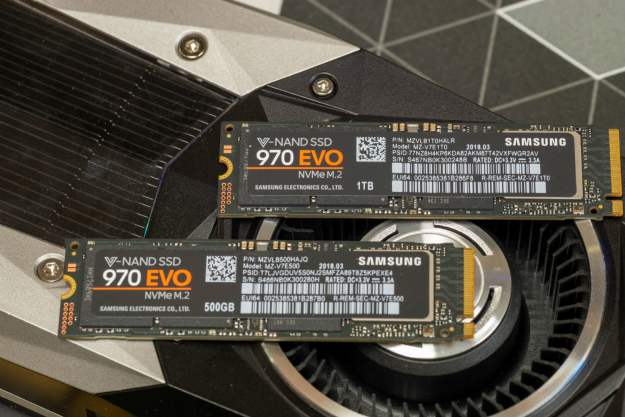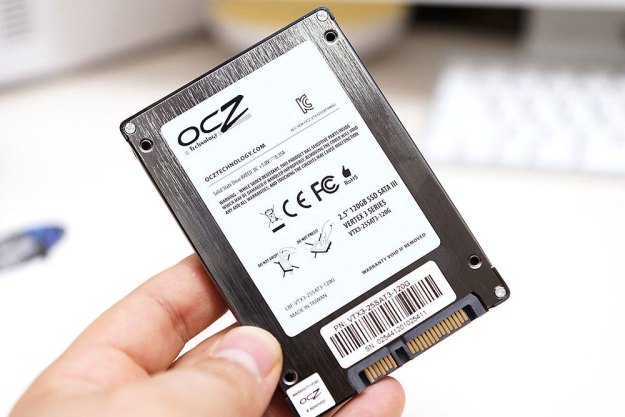Zotac, like many companies in the PC hardware business, has expanded far beyond its original graphics card focus, and now covers the gamut from miniature PCs, to motherboards, to RAIDboxes and tablets. But it isn’t stopping there, and has just announced that it’s now launching its first solid state storage drives, known as its Premium line.
Although it’s not the most inspired name, the sizing of these drives is a little more honest than that of your usual manufacturer. While more often than not you see drives rated at 128GB give you 100, or 256GB give you closer to 220, these drives are much more accurate in their naming.
They’re also high speed. Supporting the SATA III interface and operating at up to 560MBps read and 500MBps write for the larger 480GB drive. The smaller of the duo, the 240GB alternative, reads at the slightly slower 520MBps when at peak speed — though rarely do these drives operate at that level on a consistent basis in any case.
Other noteworthy information includes the fact that these drives use Toshiba brand MLC NAND memory, with a Phison S10 controller. The 480GB drive is rated to last for up to 480 terabytes of writes, which gives it more digital durability than you’ll ever need as an end user; though it is nice that it’s there for the uber heavy users as well.
The smaller drive is rated at ‘just ‘ 214 terabytes of writes, but again that’s more than enough for the average user. You’d have to fill the drive to capacity about 90 times over to hit that limit.
Even if you do run into an issue with either of these Zotac SSDs though, they are both covered by the company’s own warranty for a full three years — so if you have any trouble, just send it on back. But make sure you have your data backed up. Obviously.
Editors' Recommendations
- It’s time to stop trying to play games without an SSD
- A huge 16TB SSD is coming soon, but there’s a catch
- This Windows 11 update could seriously boost your SSD
- A fix for slow NVMe SSD speeds in Windows 11 is out — here’s how to get it
- Claiming to be the world’s fastest, this SSD just raised over $1.2 million




